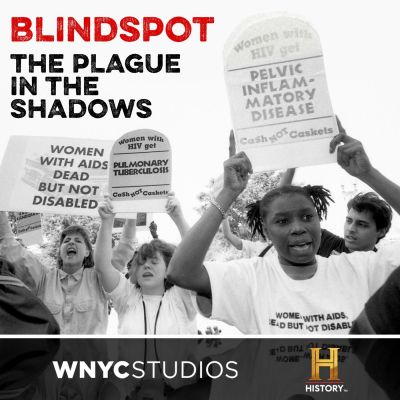HIV and AIDS changed the United States and the world. In this series, we reveal untold stories from the defining years of the epidemic, and we’ll consider: How could some of the pain have been avoided? Most crucial of all, what lessons can we still learn from it today? Blindspot is a co-production of The HISTORYⓇ Channel and WNYC Studios.
https://www.wnycstudios.org/podcasts/blindspot
episode 3: Episode 3: The Two Wars
This episode contains descriptions of graphic violence and racially offensive language.
When the U.S. entered World War I, W.E.B. DuBois and Tulsa lawyer B.C. Franklin saw a rare opportunity: Black Americans serving in the military might finally persuade white citizens that they deserved equal respect. But the discrimination they faced in civilian life continued in the trenches and on the homefront. After the war, white mobs plundered and burned Black neighborhoods throughout the country. And during the “Red Summer” of 1919, whites lynched more than 80 people, including Black veterans. Groups like the African Blood Brotherhood responded by urging people to defend themselves — with force, if necessary. On May 31, 1921 the fight arrived in Greenwood.
